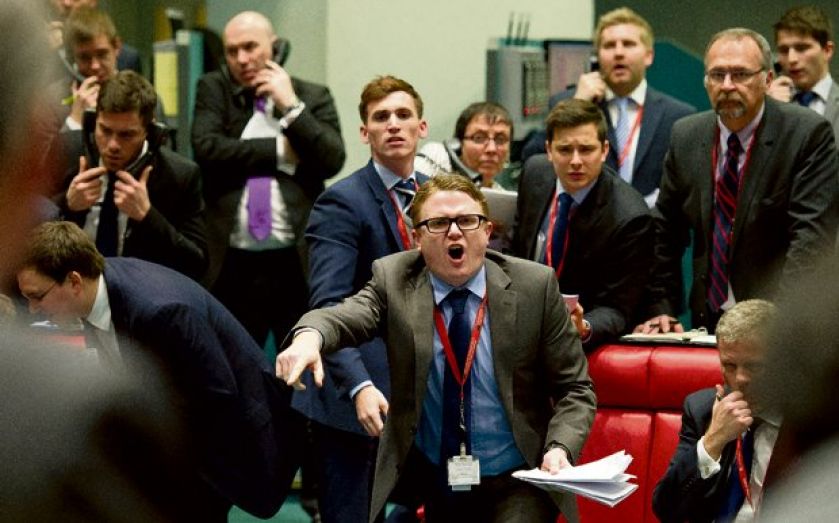| Updated:
CNBC Comment: Private equity M&A is still a risky game

Deal after deal, the first six months of 2014 was a bumper period for mergers and acquisitions. But this deal fever, combined with private equity exits, has led bears to warn of a market top. Is it a matter of time before scalps are claimed, or are the players savvier this time round and staking fewer chips?
Ambienta, one of the largest private equity groups in Italy, believes there are plenty of assets to buy, with decent valuations, away from the auction process. Ambienta invested €50m last week in IP Cleaning, a manufacturer of machines and equipment for the cleaning sector. Nino Tronchetti Provera, managing partner and founder of Ambienta, said that big public sales attract crowds, as private equity managers pour over the books and drive up prices. Instead, Ambienta searches for assets that are not actively for sale. He acknowleged that it is more time consuming, as often the business isn’t ready for sale and occasionally management may decide not to part with the asset.
Despite the confidence, Tronchetti Provera warned about taking too much risk. “In this environment, it doesn’t make sense to use leverage as it could lead to difficult times if market valuations fall.” Instead, he said the rationale should be to grow a business internationally using private equity expertise.
Some believe private equity has learned from past gambles. “There hasn’t been very much new leveraged public buyout activity that has taken place. Most of the M&A has been strategic corporate transactions,” said Steven Oh of PineBridge Investments. Oh said this is one of the reasons why the next default cycle won’t be severe.
But others warn some private equity houses are just as reckless as before the crisis. “We are at the point in the cycle where valuation multiples are high, leverage is higher than for a long time, so there is a distinct risk that private equity makes the same mistakes as in 2006, when they buy at the peak of the valuation cycle, put record debt on those businesses, and have to face the issues over the years to follow,” said Michael Abraham of UBS Investment Bank.
He also noted that private equity has become more creative in the way it invests. “They are expanding into new territories, for instance Eastern and Southern Europe… Also, they are looking at deal structures and taking minority stakes which would not traditionally have been part of their mandate,” said Abraham.
While the stakes may be lower for some, private equity remains a high pressure game, as money chases a home in a low interest rate world. The reality is double digit returns require risk, whether it is leverage or exposure to faster growing emerging markets.
Karen Tso is an anchor for Squawk Box Europe on CNBC. Twitter: @cnbckaren